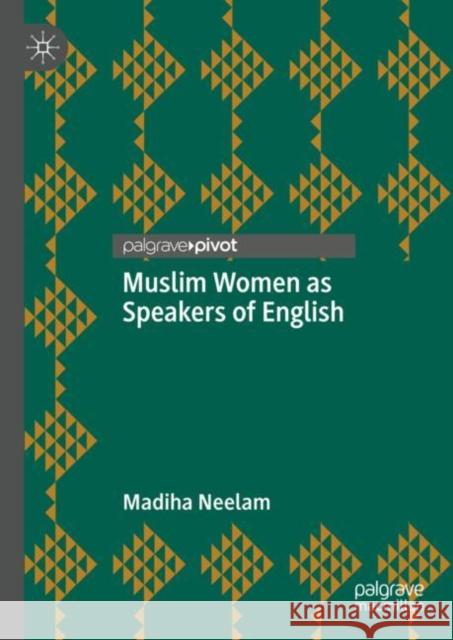Muslim Women as Speakers of English » książka
Muslim Women as Speakers of English
ISBN-13: 9783031162305 / Angielski / Twarda / 2022 / 150 str.
This book examines representations of Muslim women as speakers of English in the context of a language ideological debate in the UK in 2016. The author shows how Muslim women are stereotyped as non-speakers of English through the manipulation of census data, and how this supposed lack of English is discursively constructed as an index of their supposed oppression, complicity in the threat of extremism emanating from their sons, and limited participation in the labour force. The book aims to complement a growing body of research on raciolinguistics and language ideologies. It illuminates the intersection of language, Islamophobia, and securitization, and will be of interest to postgraduate students and academics working in applied linguistics and discourse analysis, and interdisciplinary audiences in studies of race, Islamophobia, and gender.
This book examines representations of Muslim women as speakers of English in the context of a language ideological debate in the UK in 2016. The author shows how Muslim women are stereotyped as non-speakers of English through the manipulation of census data, and how this supposed lack of English is discursively constructed as an index of their supposed oppression, complicity in the threat of extremism emanating from their sons, and limited participation in the labour force. The book aims to complement a growing body of research on raciolinguistics and language ideologies. It illuminates the intersection of language, Islamophobia, and securitization, and will be of interest to postgraduate students and academics working in applied linguistics and discourse analysis, and interdisciplinary audiences in studies of race, Islamophobia, and gender.











